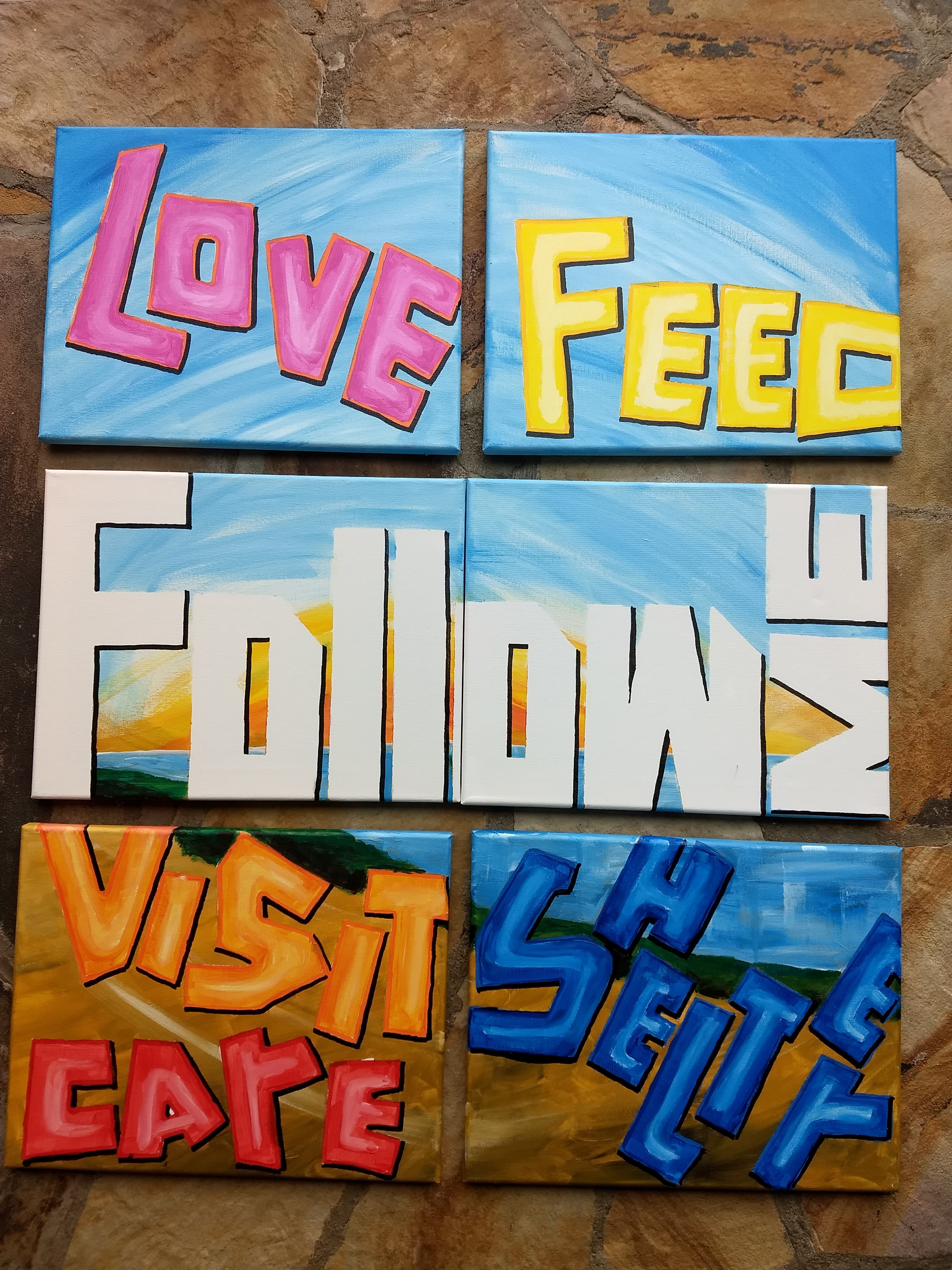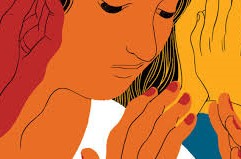Third Sunday in Easter
“Come and have breakfast.” Jn. 21:12
Ever been betrayed?
Ever felt the pain of being abandoned, dismissed, rejected?
If you have, then you know these are experiences that often bring out the worst in us – anger, deep resentment, even rage. They even tap into that place in us that demands vengeance, that wants to hurt back, to get even.
Today’s gospel presents a scene where one might readily expect the same reactions from Jesus.
He had just been abandoned by his disciples – the same people who walked with him and talked with him; the same people who witnessed the blind seeing and the lame walking; the same people who experienced first-hand the feeding of thousands; the same people who were the first to hear the beautiful stories of a prodigal son and a good Samaritan – and so much more!
And yet, those very same people who got to know Jesus and experience the miracle of his life in a way none of us ever would – those were the same ones who abandoned Jesus when the Romans arrested him, tortured him and crucified him. They were the same ones, like Peter, who denied him, not once, but three times. The same ones, like Judas, who betrayed him.
If all these abandonments and rejections had happened to you, how would you feel? I know how I would.
Today’s gospel story takes place right after the resurrection experience. And what is so immediately striking about it is this:
Jesus expresses none of the hurt, none of the bitterness, none of the anger and rage you and I would likely demonstrate.
Instead, we are presented with a beautiful, serene scene; a setting in which there is not even a suggestion of hurt or anger or resentment; not even the slightest sign of “How could you have done this to me?” or “After all I’ve done for you” – none of the reproaches you and I might typically make.
Instead, what we are presented with is a scene filled with love and reconciliation and peace.
And it all begins with these welcoming words:
“Come and have breakfast.”
The disciples are stunned – not only by their discovery that “It is the Lord,” but by their own shame, their own sense of personal guilt. They know in their hearts what they have done. Now they expect the worst.
But there is no worst.
Instead, they are invited to share a meal – just like you and I, with all our guilt and shame, are invited to do this very day.
“Come and have breakfast.”
And it’s important for us to remember that there is so much more going on here than a simple meal.
Eating and drinking are metaphors for salvation through Christ. They are metaphors that tell us we can be renewed, refreshed, reinvigorated, remade into something more, something that will change us, transform us.
They tell us that we can be like Jesus, that we can become people who are no longer driven by resentment and revenge, but people who can be made over to bring reconciliation and mercy to the world around us.
That’s why we eat this meal.
That’s why we gather as a community to once again “sit on that beach” with the damaged, defeated disciples and become something more than we ever dreamed possible – people who can turn vengeance into peace, hatred into love, resentment into forgiveness.
Notice too, that this whole story begins with a very telling scene: the disciples were career fishermen, but they weren’t catching any fish. Their everyday lives were frustrated; nothing was working for them; their means of livelihood had become meaningless and empty.
Then, out of nowhere, a man standing on the shore shouts out to them: “Cast the net over the right side of the boat and you will find something.”
And they do find something – something that overwhelms them; something that was so abundant “they were not able to pull it in.”
They found abundance. They found new life. They found hope. They found the holy in daily life.
Ultimately, they found the way God shows up in the most mundane of circumstances – not in lightning-filled explosions of clarity and wonder, but in the most ordinary of life situations.
In this story, God is found amid the simplest of things: in fishing nets and charcoal fires – and a simple meal.
Today, right now, you and I can find God in this simple meal we call the Eucharist, a word meaning “thanksgiving.” Notice there is no burning bush, no clap of thunder. What is here instead is the mundane, the everyday mingled with a miracle.
What is here is a simple invitation:
“Come and have breakfast.”
And isn’t this the sum and substance of the whole gospel? Isn’t this the good news of Jesus’ whole life in a nutshell?
Just like on the beach with the disciples long ago, isn’t this the invitation to change, to be transformed, to be made over into a different kind of person?
Isn’t this once again our opportunity to become people of mercy instead of meanness, people of forgiveness and reconciliation instead of people of vengeance and hatred?
The whole point to this Eucharistic meal, just like the one on the beach in the gospel, is to bring together each of us who have failed and come up empty like the disciples in their fishing boat, to bring together all of us who are feeling confused and unfulfilled, who are experiencing shame and guilt and heartaches of one kind or another much like the disciples in their fishing boat … to bring us all together and offer us a meal – a meal that promises abundance, renewed hope, and inner peace.
“Come and have breakfast.”
Ted Wolgamot, Psy.D.







